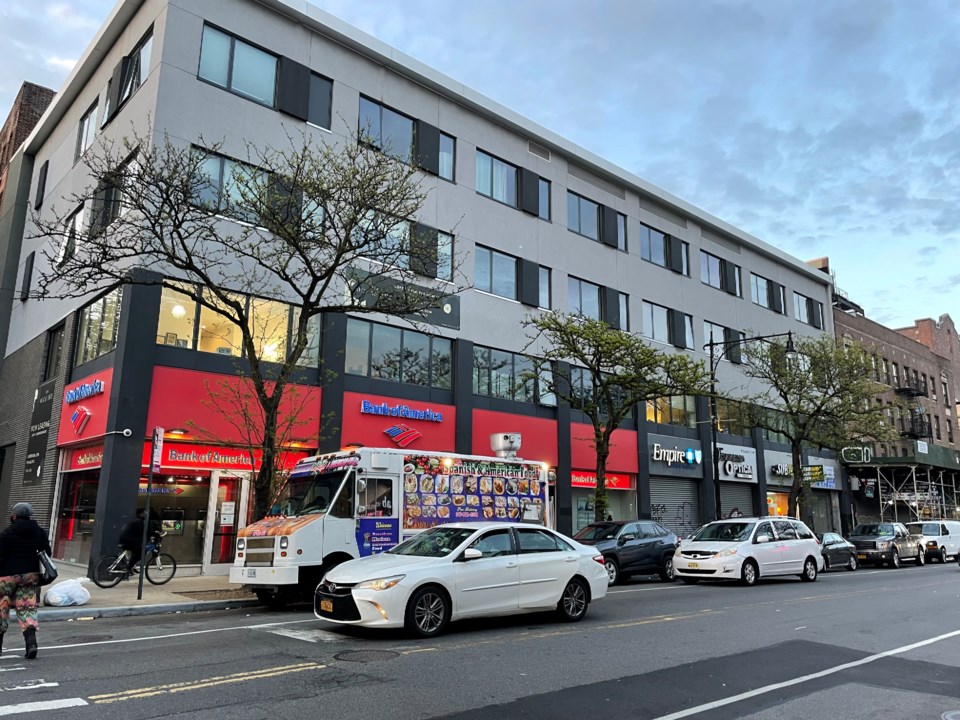The City Planning Commission Wednesday approved what is known as the 'City of Yes for Economic Opportunity,' a set of citywide zoning changes that Mayor Eric Adams said will fuel economic growth as it eliminates old zoning rules and other dated policies.
“So many of our old zoning rules simply made no sense, but ‘City of Yes for Economic Opportunity’ will deliver long-overdue, sensible zoning changes that will unlock family-sustaining jobs for our neighbors, inclusive growth in our communities, and a vibrant future for our city," Adams said through a press release.
Some of the policy changes, include:
- More than double the space available for clean manufacturing, allowing small producers, such as microbreweries, apparel makers, and ceramic shops, to open and grow in commercial corridors in all five boroughs for the first time,
- Create new zoning tools to allow more than 17,000 businesses in industrial areas that are currently prevented from adding space to grow their businesses,
- Expand the number of businesses able to open in ground- and upper-floor spaces,
- Eliminate outdated rules that prohibit dancing, comedy, and open mic nights in restaurants and venues in commercial areas, and instead govern venues by size and volume,
- Create a process to allow new corner stores in residential areas, as approximately 265,000 New Yorkers currently live in areas where a new corner store could not be located within a quarter mile of their home,
- Update 1960s-era rules that limit where amusements are allowed, so experiential retail and family-friendly activities can be located closer to where New Yorkers live,
- Modernize how zoning regulates laboratories so life sciences research can flourish in offices and near universities and hospitals,
- Remove outdated restrictions on indoor urban agriculture,
- Fill empty storefronts by fixing decades-old rules that ban businesses from setting up in certain long-term vacant facilities,
- Allow a wider range of businesses, including barbers and interior designers,to be based in homes,
- Jumpstart local small businesses by helping them expand local delivery capacity,
- Facilitate adaptive reuse of commercial buildings by modernizing loading dock rules, among other critical updates.
During the discussions at community board meetings and public hearings about these changes, residents raised their concerns about what types of businesses can occupy a mixed-use space.
To address those concerns, several changes were made to the initiative during the CPC’s review. For example, to address worries that allowing commercial uses on the upper floors of mixed-use buildings could create conflict with existing apartments, the plan was modified to ensure that spaces occupied by existing homes could not be converted to upper floor commercial uses.
In response to concerns that home business expansion might create quality-of-life issues, the CPC made modifications to clarify that such businesses must be limited to an individual’s dwelling unit and cannot occupy residential common areas, such as hallways or lobbies. A 1,000-square-foot cap for home businesses was also reinstated to deter the combination of residential units for business activities.
In the lead-up to the CPC’s approval, City of Yes for Economic Opportunity received positive recommendations from 21 community boards, as well as from the Bronx, Brooklyn, Manhattan, and Queens borough presidents. It will now go to the New York City Council for a public hearing and a final vote in the coming months.




